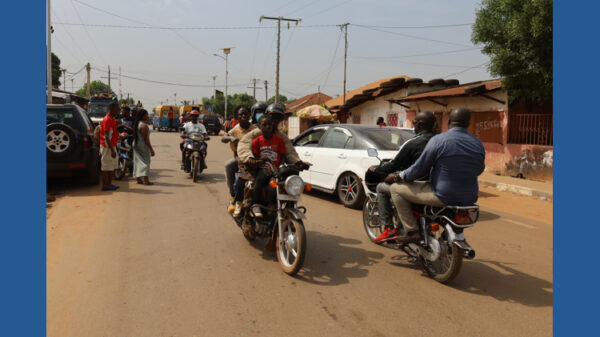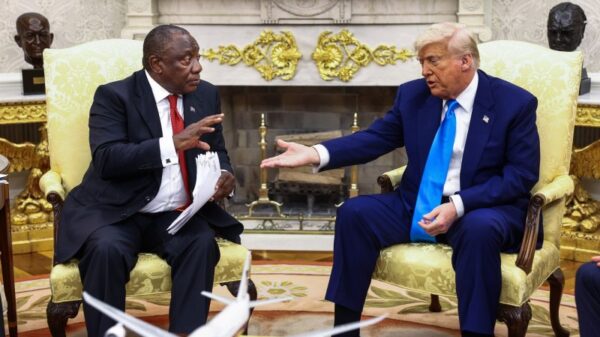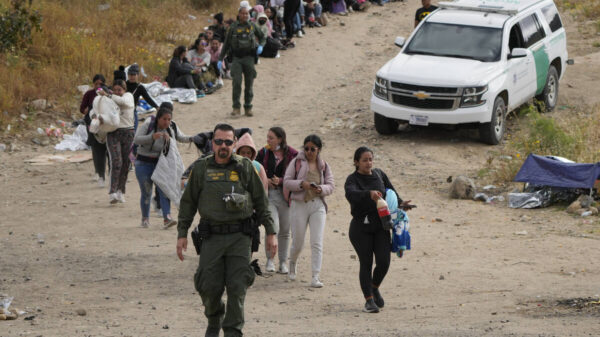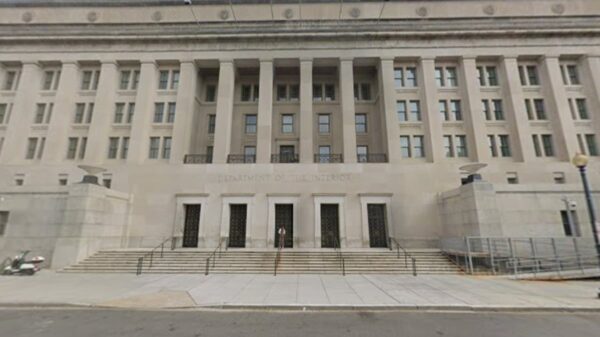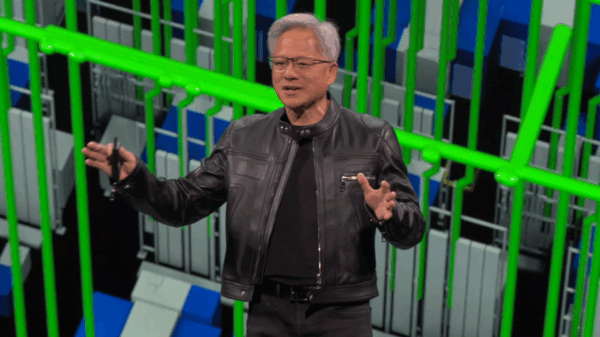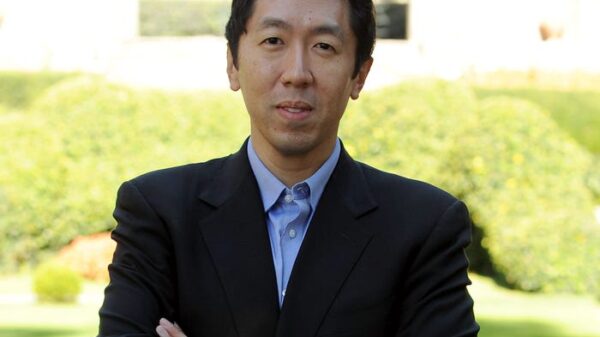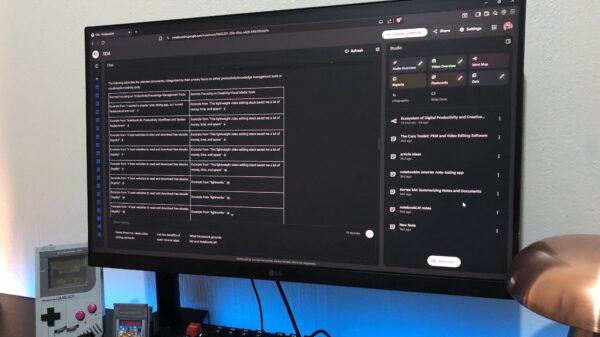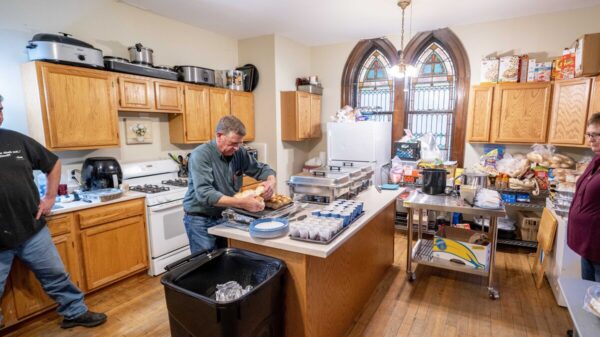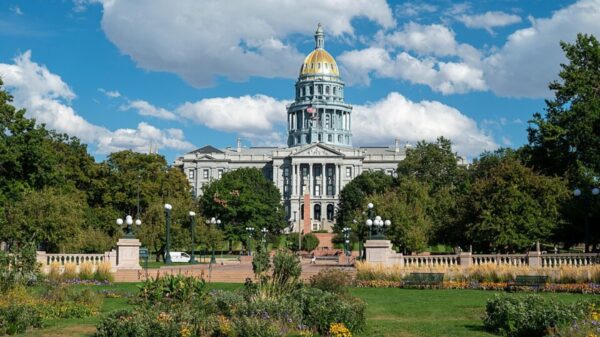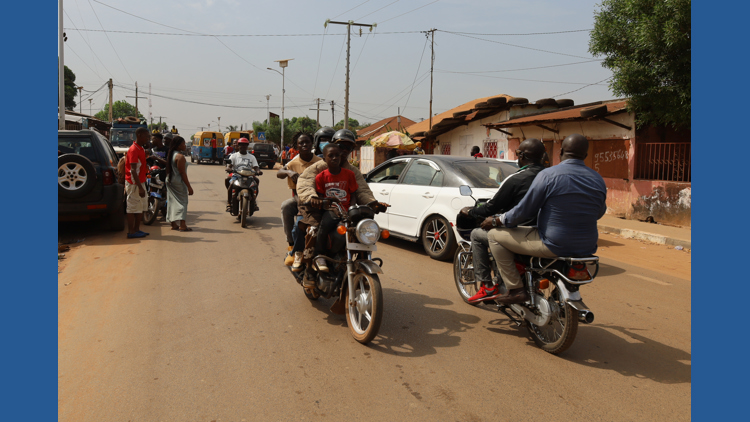The main opposition candidate in Guinea-Bissau, Fernando Dias, asserted victory late on March 15, 2024, following a closely contested presidential election. He accused the country’s current leader, Umaro Sissoco Embaló, of orchestrating a coup to avoid losing the election. Dias described the military takeover and the reported arrest of Embaló as “fabricated” events designed to disrupt the announcement of the election results, which were expected the following day.
In a video posted online, Dias, a member of the Social Renewal Party, echoed sentiments from civil society groups that raised concerns about the integrity of the electoral process. The Associated Press has not independently verified his claims. The opposition faced significant challenges, as the African Party for the Independence of Guinea and Cape Verde was barred from participating in the election. This party’s leader, Domingos Simões Pereira, who was the runner-up in the 2019 election, expressed support for Dias and called for public protests against the reported coup, urging residents to demand transparency in the election results.
Despite the tense situation, life in the capital, Bissau, appeared to return to normal on Thursday morning, with businesses opening and public transport resuming. Guinea-Bissau, home to approximately 2.2 million people, has a troubled history marked by numerous coups and attempts since gaining independence from Portugal over five decades ago. The country is also recognized as a key transit point for drug trafficking between Latin America and Europe, a factor that has contributed to its ongoing political instability.
The reported coup aligns with a troubling trend of military takeovers in West Africa, where democracy has faced challenges following disputed elections. In recent days, gunfire erupted in Bissau just days after the presidential election, as both Embaló and Dias claimed victory. In a familiar turn of events, military personnel appeared on state television, announcing their seizure of power.
Embaló, who sought a rare second term, claimed in an interview with French media that he had been detained while the electoral commission’s office was sealed. Dias, 47, stated that he managed to escape custody “through a backdoor” after being apprehended by soldiers. He declared his intent to resist the situation, asserting, “Umaro lost the elections, and instead of accepting the result, he fabricated a coup d’état. We have been the target of false coup d’états… We will liberate ourselves.”
The elections occurred at a critical juncture for Guinea-Bissau, as Embaló faced allegations of a legitimacy crisis. The opposition has long contended that his term should have expired, refusing to recognize him as president. Military officials who claimed they had deposed Embaló cited the discovery of a purported plan to manipulate election results. Spokesperson Dinis N’Tchama stated that this scheme involved both national politicians and a notorious drug lord, among others.
The unfolding events have drawn condemnation from various international organizations and governments, with the United Nations expressing deep concern over the situation. As the political landscape in Guinea-Bissau remains uncertain, the coming days will likely be pivotal in determining the nation’s future direction.











